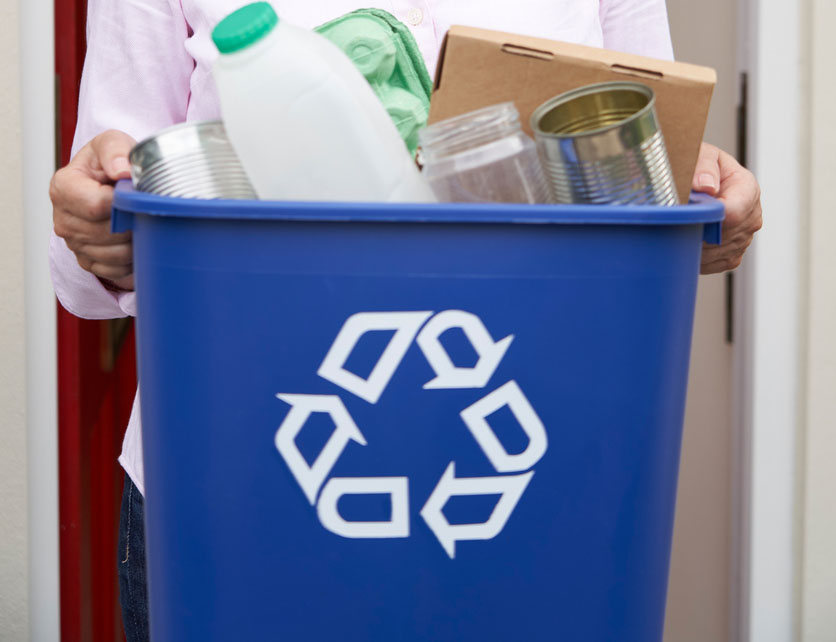Why Recycling Matters
Recycling is a crucial part of waste management that helps conserve natural resources, reduce landfill waste, and promote environmental sustainability. Understanding what can be recycled and how to properly dispose of recyclable materials is essential for both businesses and residents. Our comprehensive recycling education program aims to provide clear guidelines and practical tips to ensure effective recycling practices.

